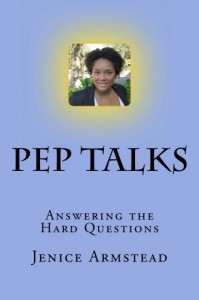Education comes in all arrays of quality. We all know that education is vital in today’s job market and education is important for many different reasons. The fact is you don’t have to have a degree to be considered educated, but you do have to have proof that you completed the educational program that which you are claiming you acquired the knowledge from.
During interviews selecting officials will want to know: What courses you liked most while attending school? and What courses did you least like? This question is steered toward the selecting official finding out more about you and what types of interests you have. This could be a mode of examining your personality traits or it could mean more. It all depends on what type of job you are interviewing for.
The next question of: Why did you choose your course of study? This question is pretty self explanatory, in the fact that the selecting official wants to know why you choose the course of study that you did. This question is asked with the intentions of understanding the applicant’s passion. Be honest and be short. Don’t give a long answer, the selecting official doesn’t want to know your whole life story. Keep it short and sweet unless they ask additional questions, if more questions are asked in this regard – make is short and sweet.
The selecting official wants to know if you prepared for the interview and what you did to prepare. So they will ask you to discuss your background in terms of how it has prepared you for the job you are applying. This is a question of character and needs to be explained in general detail. For example, if you were applying for a information technician position you would discuss your certifications and repeat your answer of your educational background this would be of great help. Talk about what you desired to be as a young adult and elaborate job history details – even if you have already discussed your job history – repeat yourself. Selecting officials love it when you repeat facts, because it reassures them you are telling the truth.
REMEMBER: BE HONEST. You will be selected over another candidate who wasn’t as truthful. The truth will allow you to shine and become employed faster than not being honest at all.
